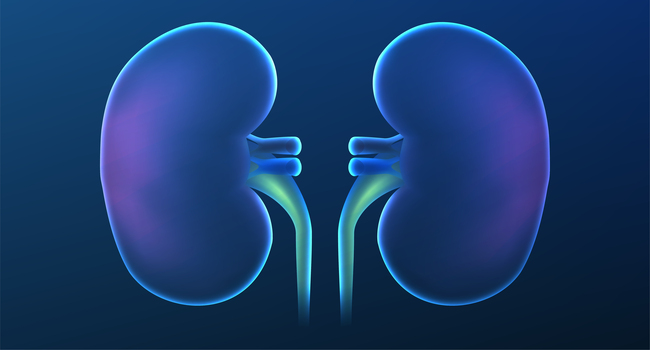
Immunoglobulin A nephropathy (IgAN) is a disease that affects the kidneys. It is a type of glomerulonephritis, which means inflammation of the glomeruli (tiny blood vessels in the kidneys). IgAN is caused by the deposition of IgA (a type of antibody) in the kidneys, which leads to inflammation and scarring. The disease can progress over time and can result in chronic kidney disease, which may require kidney replacement therapy or lead to death.
A clinical trial has evaluated the efficacy and safety of mycophenolate mofetil (MMF) in patients with IgAN who are at high risk of kidney function loss. MMF is an immunosuppressive drug that is commonly used in kidney transplantation to prevent the rejection of the transplanted kidney. However, its role in the management of IgAN remains controversial.
Clinical Trial
The researchers had 170 adults with IgAN who had too much protein in their urine and had problems with their kidneys. Before the study started, everyone took a medicine called losartan to help with their blood pressure and protein in their urine. After three months, the people who still had a lot of protein in their urine were asked to join the study. They were randomly divided into two groups. One group received the MMF along with supportive care, while the other group only received supportive care. The trial lasted for three years.
The researchers were looking for a few different things during the study. They wanted to see if the MMF helped slow down the disease and if it was safe. They measured this by looking at how many people experienced kidney failure, needed dialysis or a kidney transplant, or died from kidney or heart problems. They also looked at how many people had their kidney disease get worse over time.
